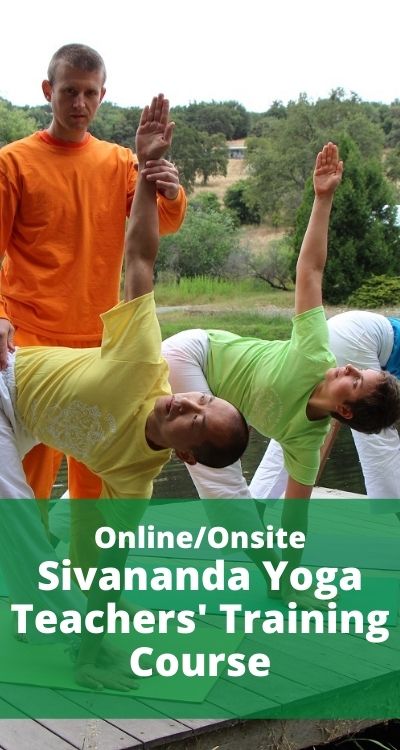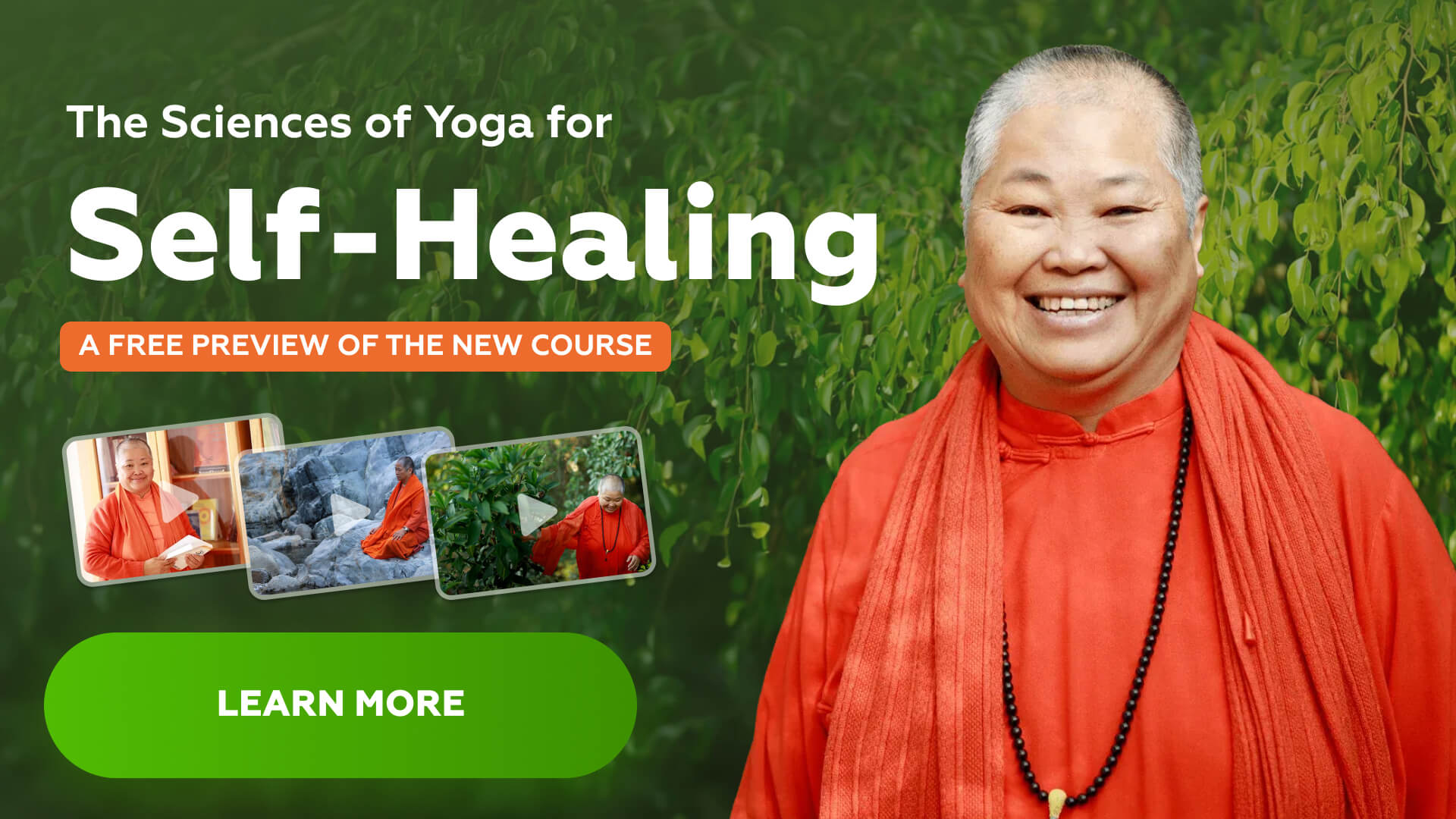Stress is a subjective feeling, when you feel that your survival is being threatened. You cannot avoid stress. Yoga teaches us how to increase prana so we can respond to stress properly, in a better manner.
Stress Resilience
Stress resilience is our capacity to be strong, to be able to deal with daily life-stress. Some people say, “Oh, you know I am so stressed, I won’t do anything.” They stay home. Do you think the stress will disappear? No, you cannot avoid the stress, so you do need to understand it properly in order to deal with it.

Stress arises when you don’t have the Prana (life force) to resolve questions or problems encountered in daily life. Prana can be increased by following a proper lifestyle (the 5 Points of Yoga). Decreasing the expenditure or wastage of Prana is also important, through healthy choices and proper lifestyle.
Prana
The question of Prana is very important if we want to understand stress. Because if you have high Prana then you can deal with anything. Any challenge that comes, you know you have the energy to deal with it.
But if you don’t have energy, you already function out of energy debt, called Pranic debt. That means you spend more energy than you make, and you don’t know how to recharge. Then a situation arises and you feel overwhelmed. You burn out.
When prana is low you develop a stress response that is inappropriate to the challenge. The best way to prevent stress is to always store up the Prana.
We should not spend everything that we get. We need to keep some Prana in storage and that we always need to rest and rejuvenate every day. Pranic debt (low energy) is the first cause of stress.
So, you need to learn how to recharge yourself by practice of the 5 Points of Yoga. Do the asanas to make the Prana flow. Learn how to breathe properly, so whenever you are feeling stress, the important thing is to stop for a moment and breathe.
Proper Breathing
We breathe all the time, but we forget to breathe properly. So, when you are stressed exhale, long exhalation. The long exhale switches your nervous system to the parasympathetic response, the relaxation response. You inhale, but you exhale long and deep.

If you are stressed and you feel the negative thoughts come up, then you might sit down, don’t run. Sit down, turn inward and practice deep breathing.
Relaxation and Diet
Proper relaxation allows us to recharge the Prana, to let go and detach from body and mind. Physical tension is released from the muscles and the Prana flows more easily.
Proper diet, eating fresh and easily digestible foods, increases Prana. Avoid foods that are difficult to digest, rich or heavy foods, that would decrease one’s Prana.

Conclusion
Finally, meditation and positive thinking help us to focus the mind and to channel the Prana. Connecting to our higher Self, we are less likely to stress the details. We are able to maintain a broader vision of our Self, channeling our Prana with inspiration and creativity to express our life’s purpose.




